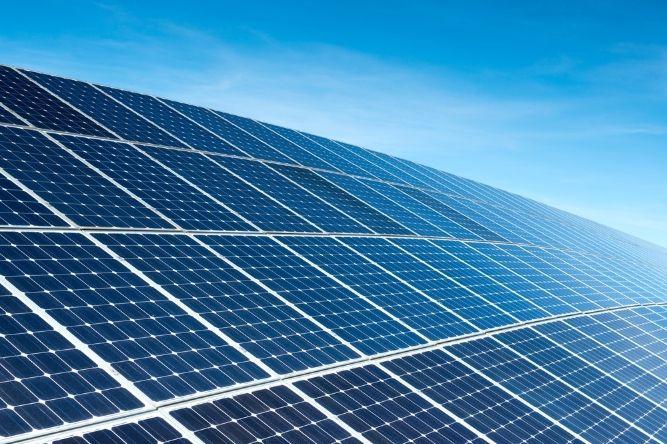With the advances made in technology, many people are considering making the switch to more renewable energy sources. Solar panels make it easier than ever before to consider trying to live off-grid, but there are some questions that must first be answered. First and foremost, you must know if it is legal to live off-grid in Canada.
Before you make the jump into off-grid living, there are a few things you need to know about the technicalities of this lifestyle. If you are ready to learn more about disconnecting from the grid in Canada, this guide will walk you through what is and is not permitted according to the law:
Is It Legal To Live Off-Grid in Canada?
Living off-grid simply means that you do not connect to the traditional power grid to provide electricity to your home. While this is an appealing prospect for many homeowners, they are often worried that they may actually be doing something illegal.
The good news is that living off-grid is perfectly acceptable in Canada, but there are restrictions on what you can and cannot do.
The most important things to be aware of are the national building codes. Even if your house is off-grid, it must still adhere to certain safety standards. You won’t be able to move into an old and abandoned barn just because it has power through solar panels. Your home still must be safe for you to live in, meaning that it will require certain precautions such as smoke alarms.
Keep in mind that you can still install some of these important components and run them off of your solar power. Alternatively, you can use batteries to ensure that they’re always functional in the event of an emergency.
House Size Matters
In addition to adhering to local building codes regarding safety, most areas also have minimum requirements when it comes to the square footage of your home. This will vary across Canada, but it is most likely that your home will need to be between 500 and 1,000 square feet minimum. This can put a serious damper on anyone who was hoping to build an extremely tiny home.
Keep in mind that you will need to get a building permit to construct your new off-grid home. If you don’t do things by the book, the government can demand that you abandon your property until you are able to resolve the issues.
Choosing the Land
After you ensure that your home is safe and adheres to all of the local building codes, you must think about where your home is located. Many people who think of living off-grid imagine moving their tiny house to a large plot of land or living deep inside the woods. Unfortunately, this is likely illegal unless you have rights to the land.
As long as you own the land that you are going to be residing on, there should be no further issue with your ability to live off-grid in Canada. In Canada, squatter rights don’t exist, which means that you’re not allowed to set up your house on any patch of land you so desire.
It’s also illegal to camp out for an extended period, even if you own the land. Individual counties will set restrictions on the amount of time you can legally spend camping in your backyard, but the general consensus is about two weeks. This is designed to keep homeless individuals from setting up tent cities, but it can also limit what you can do to live off-grid as well.
What About Taxes?
Many people wonder about the logistics of what they will owe the government if they are entirely self-sufficient. Frequently, those who choose to live off-grid are also involved in a number of other self-sustaining activities, such as growing their own food. Because they don’t rely on the infrastructure, they might be wondering whether they still have to pay taxes at the end of the year.
Yes, you still have to pay taxes to the Canadian government. These take the form of your income taxes each year. Even though you may not be using any government-aided programs, they still need that money to assist with fixing things like roads. Chances are that you still take advantage of some of these government-run functions.
You should also keep in mind that your home must be located on property that you own or have rights to. If you choose to own the land, you will still owe property taxes on this annually. This is based on the square footage of your lot, its location, and more.
Is Off-Grid Living Right for You?
There are many different ways to approach off-grid living in Canada. Making sure that you’re following all the laws is significant if you want to make this a sustainable and long-term lifestyle for years to come. Solar panels are one way to ensure that you have enough sustainable power to live without being grid-tied.
If you are thinking about Manitoba solar, then you need the expert help at Powertec Solar. We can give you the advice you need to go about making the transition the easy way!

